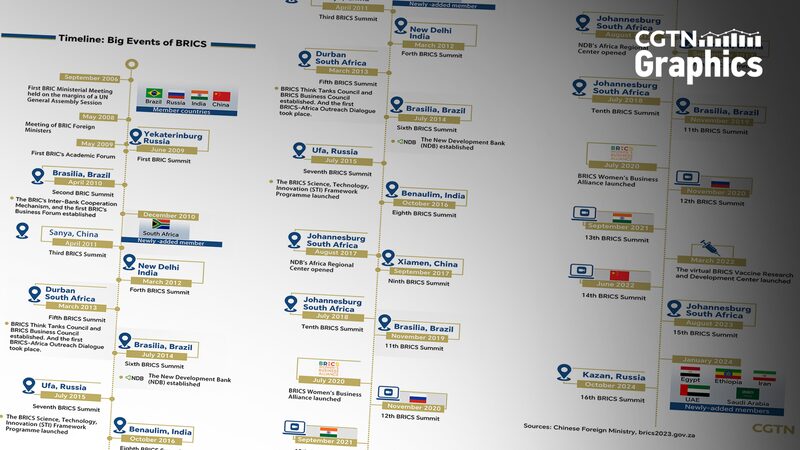As global economic dynamics shift, BRICS nations are emerging as a pivotal force in reshaping international finance. Amid rising external pressures, including U.S. tariff policies, experts argue that collaboration among Brazil, Russia, India, China, and South Africa — now expanded to include new members like Egypt — could redefine supply chain resilience and multilateral cooperation.
Strengthening the Global South’s Voice
In a recent panel discussion hosted by CGTN, Nonkululeko Nyembezi, Chairperson of Standard Bank Group, emphasized the need for BRICS to leverage collective economic weight. "By pooling resources and expertise, we can create alternative financial mechanisms that reduce dependency on traditional systems," she said.
Financial Innovation and Risk Mitigation
Jiang Tianjiao, Associate Director at Fudan University’s Center for BRICS Studies, highlighted the bloc’s potential to accelerate de-dollarization efforts. "Local currency settlements and digital payment platforms are key to minimizing exchange rate risks," Jiang noted, pointing to recent cross-border fintech initiatives.
A Unified Vision for Supply Chains
Egyptian economist Hisham Abubakr Metwally Mohamed underscored the importance of infrastructure investments. "BRICS’ New Development Bank is critical for funding projects that connect emerging markets," he said, citing Africa’s renewable energy sector as a priority.
As the bloc expands, analysts suggest its influence could extend beyond economics, offering a model for equitable global governance. With over 40 countries reportedly expressing interest in joining BRICS, the group’s next moves will be closely watched by investors and policymakers alike.
Reference(s):
cgtn.com








